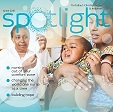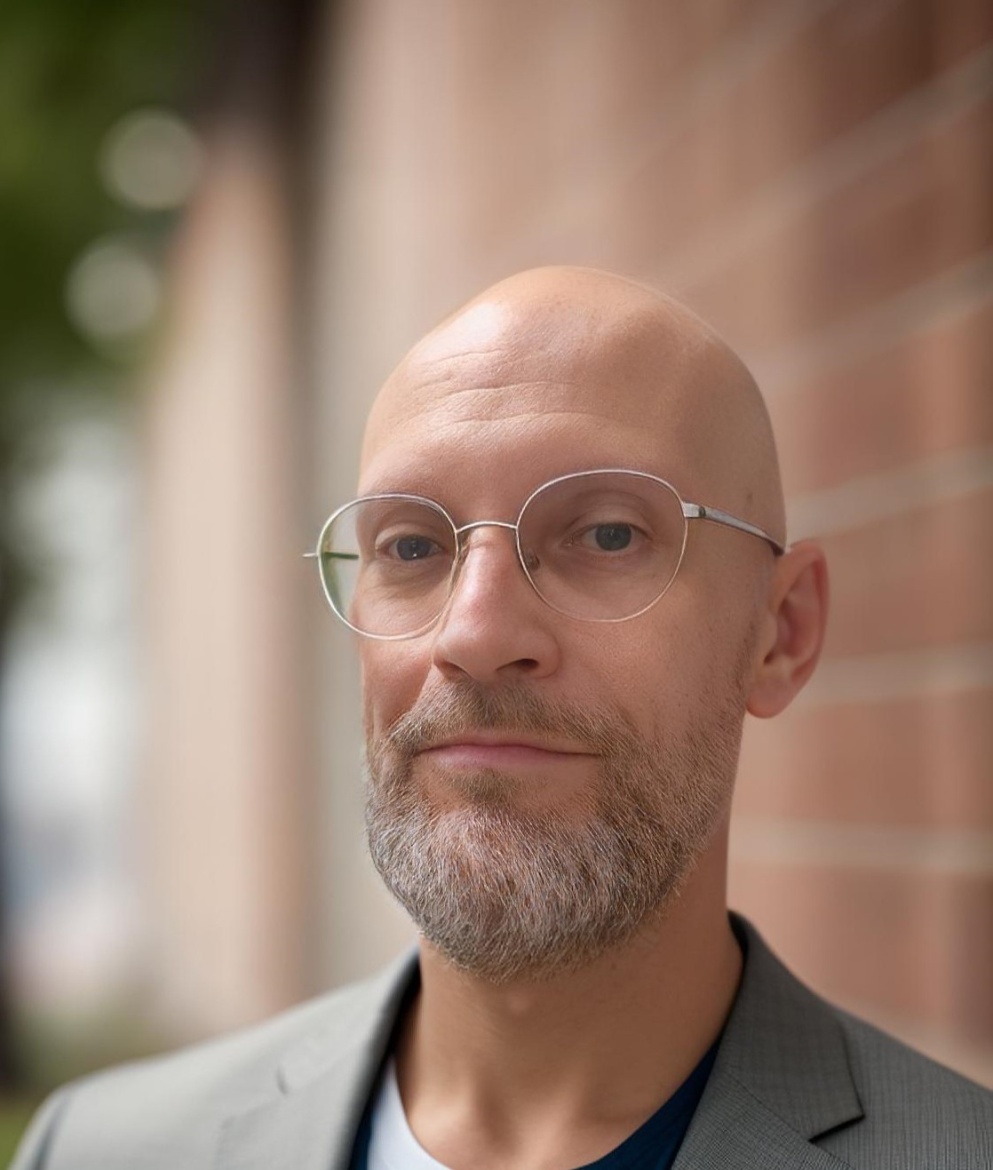How do you change the world? One person at a time, goes the adage. According to a report published in October of last year by the All Party Parliamentary Group on Global Health (APPGH), the answer is one nurse a time. 1
Actually, it is much more than one nurse at a time. There are over 20.7 million nurses 2 currently registered around the world, but this falls far short of the numbers needed. 3 Indeed, the demand for nurses, midwives, doctors and other health workers is growing at a pace that is outstripping the supply, even as many countries increase the numbers they are training.
However, the APPGH report did not simply bemoan the lack of trained nurses. Nor did it merely offer platitudes about the value of the profession. Rather it has gathered a substantial body of evidence from a range of sources that shows how vital a well-trained, equipped and empowered global nursing workforce is in achieving the Sustainable Development Goals.
The Sustainable Development Goals (SDGs) are the new, globally agreed targets for developing poor, middle-income and rich nations between 2015 and 2030. 4 There are seventeen goals in total, with the aim of significantly reducing poverty, inequality, injustice and environmental damage around the world. The international community (including the British Government) has signed up to seeing these goals achieved in the coming decade and a half.
Christians have different views about the SDGs. However, if they are achieved, the impact on the world will be immense. Consequently, many churches and Christian agencies are looking at how the church and world mission can engage fruitfully with the SDGs. 5
SDG number three focuses on health and healthcare, but health issues crop up in all the goals.
The APPGH report shows how nurses have a real impact on this third goal (health and wellbeing for all at all ages). 6 In addition, nurses have a real impact on two of the other SDGs; SDGs five (gender equality) 7 and eight (economic development). 8 The authors call this the 'Triple Impact' of nursing.
Triple Impact
Nurses are key to public health. They are usually already embedded within the community in which they work, understand the culture and issues of their patients, and in many areas may be the only health professional available. Health promotion and education, and personal, social and spiritual care are all within the remit of the nurse.
Most nurses are women, so giving them a professional skill and a career significantly increases their prospects and empowerment within the community (you can read Barbara Parfitt's article explaining how this approach worked in Bangladesh on p20). This not only improves the health of the local community, it lifts the status of these young women who are now respected members of their own communities and acting as role models to a new generation.
As the health of the community and the status of women improve, so does the economic wellbeing of the community. Less money is spent on medicines for preventable conditions, less time is taken off work due to sickness or caring for sick relatives, so economic activity and productivity rises. Women develop economic independence, improving the health and education of their children, thus improving the opportunities for the next generation. Especially when it comes to the empowerment and education of women, one area of development impacts on all the others!
Challenges
What so often holds nursing back from being this force for change and development is that the evidence of this impact is little understood outside of the profession. Furthermore, the research has often been small scale and qualitative when policy makers want quantitative, big scale evidence.
Nursing is a predominantly female profession throughout the world. Where women have low status and women's work is seen of secondary value, nurses are disregarded and devalued.
In most countries, nursing has no clear post-qualification training structure or career path, and little scope for professional development. In the majority of jurisdictions, nurses are not allowed to make use of the full scope of their training. As a result, nurses are not properly valued, but seen merely as the handmaidens of doctors, not as knowledgeable and skilled professionals in their own right.
Not enough nurses are being trained and retained, draining skilled nurses from rural areas and poor communities to cities and developed countries. Some countries like the Philippines, over produce nurses deliberately to exploit this shortfall, while the UK and many European and North American nations cannot train enough nurses and become net importers.
And these are not just developing world problems - the West has them too. For instance, while Federal Law in the US gives nurses a wide legal remit for clinical practice, in only ten of the 50 states is this actually enforced, and in the remaining 40, nurses are not allowed to practise to their full professional competence.
Even in Britain, the Department of Health has recently scrapped its nursing policy unit for England, 9 further marginalising the voice of the profession in the UK (imagine the furore if the role of medical advisor had been scrapped!). The voices of nurses are being marginalised everywhere.
I was in the Philippines last year (2016) visiting local nurse-and-midwife-run health centres that provide models of integrated social medicine, preventative healthcare and health education deeply embedded within the local community that put much primary care work I have seen in the UK in the shade.
Health economists worked out years ago that up to 48% of the work of British GPs could be done as effectively (and at lower cost) by nurses,10 but no government has engaged with this. It seems we still have something to learn from the developing world!
Ways ahead
Among nurses, we need leaders who can converse with those in power locally, nationally and internationally to advocate for the health needs of their communities and the role of nurses within them. And we need it in the UK, Europe and the US as much as they do in Bangladesh, the Philippines or Zambia.
There is a need not only for leadership, but also for the evidence to be disseminated outside the profession, and for more large scale, quantitative and qualitative research on the health and development impacts of nursing.
We need nurses from the UK and other developed countries to have the chance to work alongside nurses in developing countries, not just to impart skills and a values-based whole person care approach to nursing, but also to learn from nurses in developing countries about the real scope, skills and values that lie at the heart of the profession. In short, we should be fostering a two-way street of learning between nurses across the world to empower and envision the profession in every nation.
This is one of the aims of the Nurses Christian Fellowship International (or NCFI, of which CMF is a member) and its International Institute of Christian Nursing (IICN). 11 Through training programmes in Faith Community Nursing (or Parish Nursing), spiritual care, biblical leadership and others, it aims not only to develop leaders, but godly leaders in the profession around the world who can be a real force for change.
We need a proper professional education and career structure for nursing globally, lobby governments to allow nurses to practise to the full extent of their training and professional scope. Recruitment and retention are the big issues in the UK, the US and most developing nations. However, if we offer scope for development, recognition and influence, then we will go a long way to solving those problems.
To respond to this, the authors of the report have come together to launch a new, global campaign called Nursing Now! 12 to try and address these needs around the world. They have the support of the new Secretary General of the World Health Organisation (WHO), Dr Tedros, who has appointed Ms Elizabeth Iro, currently the Health Secretary of the Cook Islands and a nurse as the Chief Nursing Officer at WHO. 13 These are small but significant changes. However, we need to keep raising the voice and profile of nurses.
Christian nurses in global health
Nursing is so deeply embedded in the Christian faith that it is hard to separate its core values (unconditional care, advocacy for the sick, compassion, education, a whole person understanding of health and care in the context of community and teamwork) from the life and mission of the church. 14 In fact, for centuries, nursing was one of the church's key ministries, having a sizeable impact on the health and wellbeing of the Roman and mediaeval worlds. 15
I have seen many times the role Christian nurses and midwives have played in hospitals, rural clinics, disaster zones and training institutions to bring hope, healing, grace and kindness into situations that needed the touch of God.
But whatever the background of the nurse, God works through this kind of caring. We need to see more nurses, and especially more Christian nurses out making this kind of a difference in the world!
Steve Fouch is CMF Connections Manager.
































